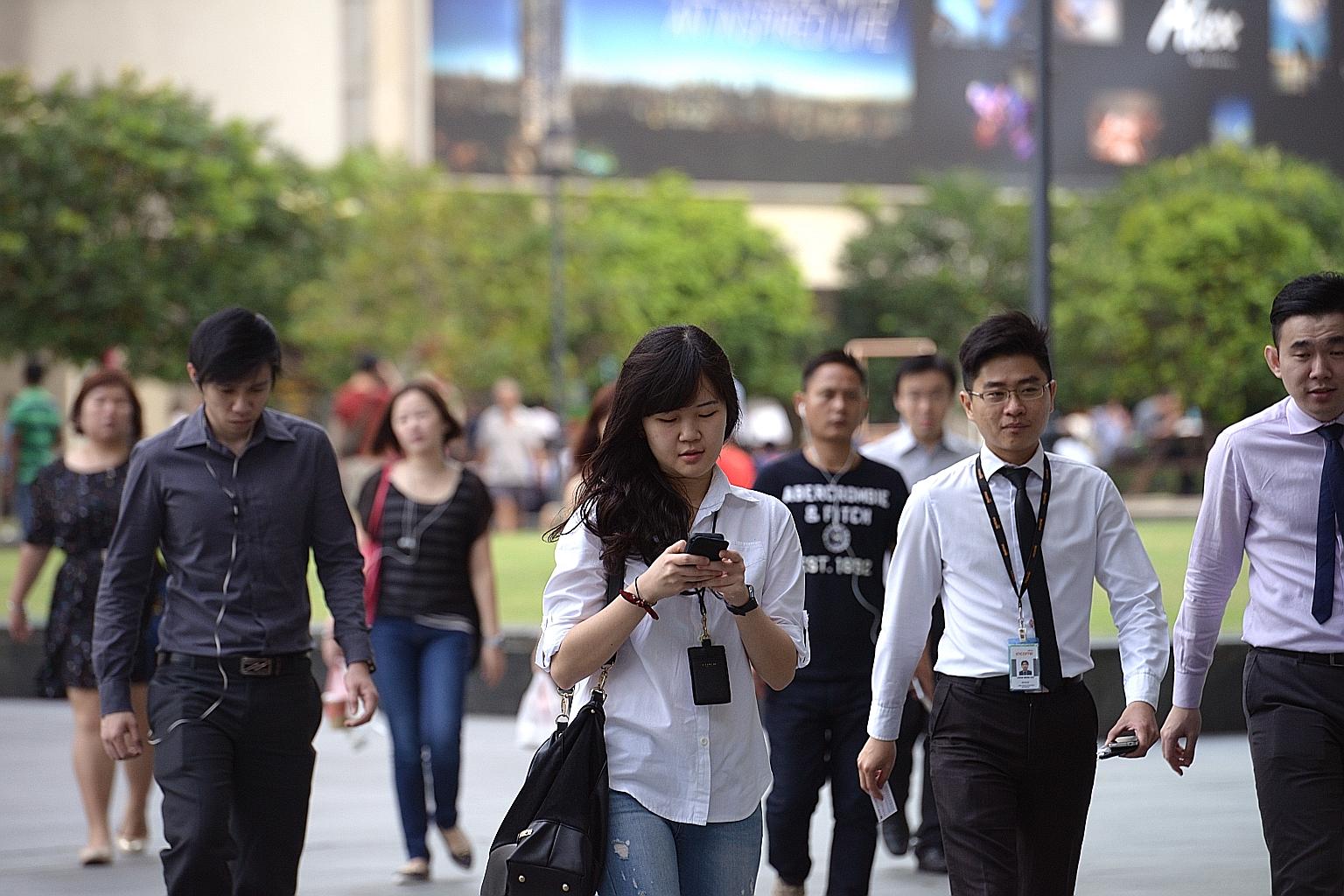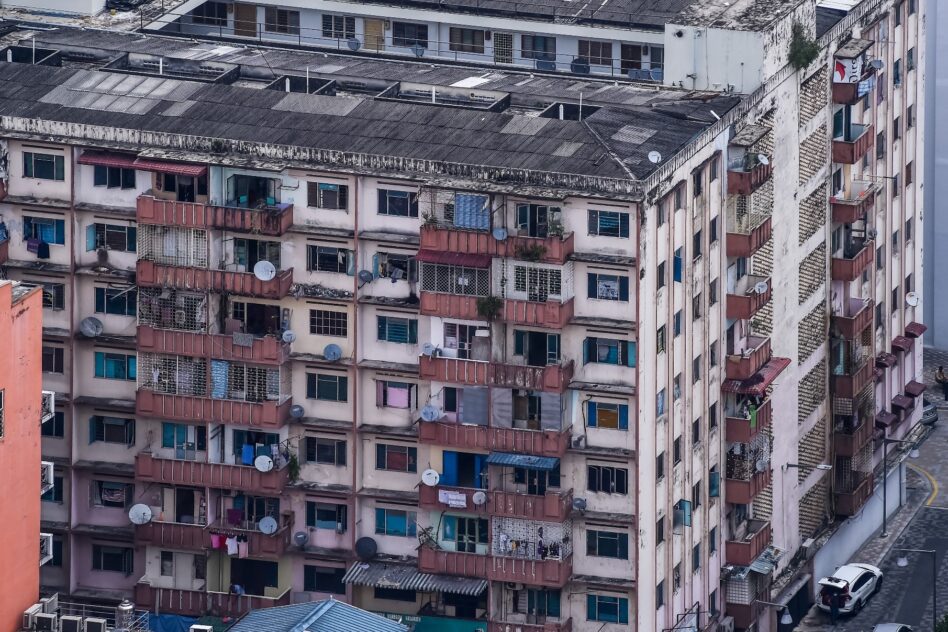WORKERS of the world, unite! You have nothing to lose but your chains! This was the revolutionary message of Karl Marx, the founder of Communism.
Workers today face enormous challenges in a fast changing world, which is far from the dream of a workers’ utopia. The speed at which technology continues to grow is a major threat to workers’ survival.
With AI and robotics and other technological advancements the future of workers in a vast array of employment is in jeopardy. Many industries have downsized and the number of workers have been reduced drastically.
Workers have to find other ways to survive such as re-skilling or re-education to fit into new jobs.
One cannot anticipate how much of a disruption the US President Donald Trump’s tariffs are going to cause with a paradigm shift as most of the high tariffs are in categories which employ large numbers of workers.
Unemployment could be unleashed in numerous industries and countries. Trump’s tariffs are going to destabilise various economies which hitherto have only slightly recovered from the Covid-19 pandemic, during which most countries experienced a lockdown for a few months.
Many countries were destabilised and their economies were greatly affected. In the last few years many nations started recovering and ensuring economic stability when the Russia-Ukraine war suddenly broke out and disrupted economies due to high energy prices and Western economic sanctions.
Additionally, the conflicts and tension in the Middle East could escalate and many economies will be affected. All these spell risks and threats to workers’ wellbeing and employment security.
There is also the new danger of climate change and heat waves causing catastrophic consequences for workers in agriculture-related industries.
These industries are reeling from the damage to crops and infrastructure destabilising the producers with crop failures, price increases and shortages. A large number of the work force in many developing countries are engaged in agriculture and related occupations.
Natural disaster are causing a huge dent in national coffers and resources, which could otherwise be used for workers’ social and retirement benefits.
The cost of living has gone up everywhere and low-income workers are finding it difficult to make ends meet, and are dependent on government hand-outs.
Apart from these, the heydays of trade unions are over and in most countries they have been in serious decline in the last few decades since the end of the Soviet Union and Eastern European communist countries.
Politically, pro-workers parties of the past have been effaced by new parties that champion a wide range of interests from immigration to environmental issues. Now China and Vietnam are the main model for workers in the Global South and even in the West.
In many countries trade unionism is in decline due to the changes brought about by the evolving nature of capitalism and government legislation against exploitation as well as the imposition of the minimum wage scheme and other welfare benefits for workers.
Despite all these a huge number of workers still live in poverty and the gap between the rich and poor has widened much. Both countries and industries are caught off guard by the speedy changes and trends of the present times.
The plight and challenges facing workers continue to grow in an unstable and unpredictable global environment and the dream of a workers’ paradise as envisaged by Karl Marx, Friedrich Engels, Vladimir Lenin and Mao Tse-tung has yet to be realised. – May 1, 2025
V. Thomas is a Focus Malaysia viewer.
The views expressed are solely of the author and do not necessarily reflect those of Focus Malaysia.
Main image: SPH









